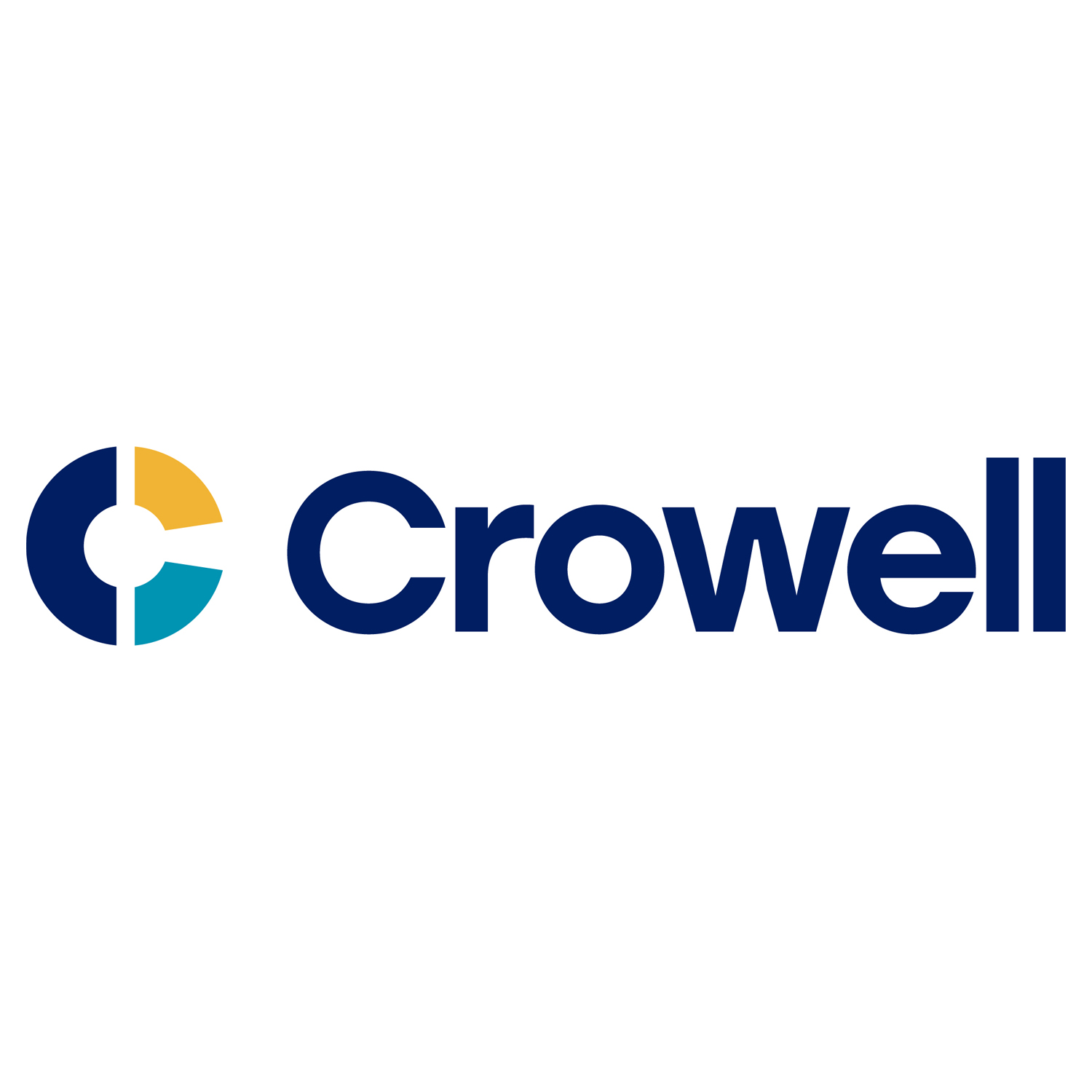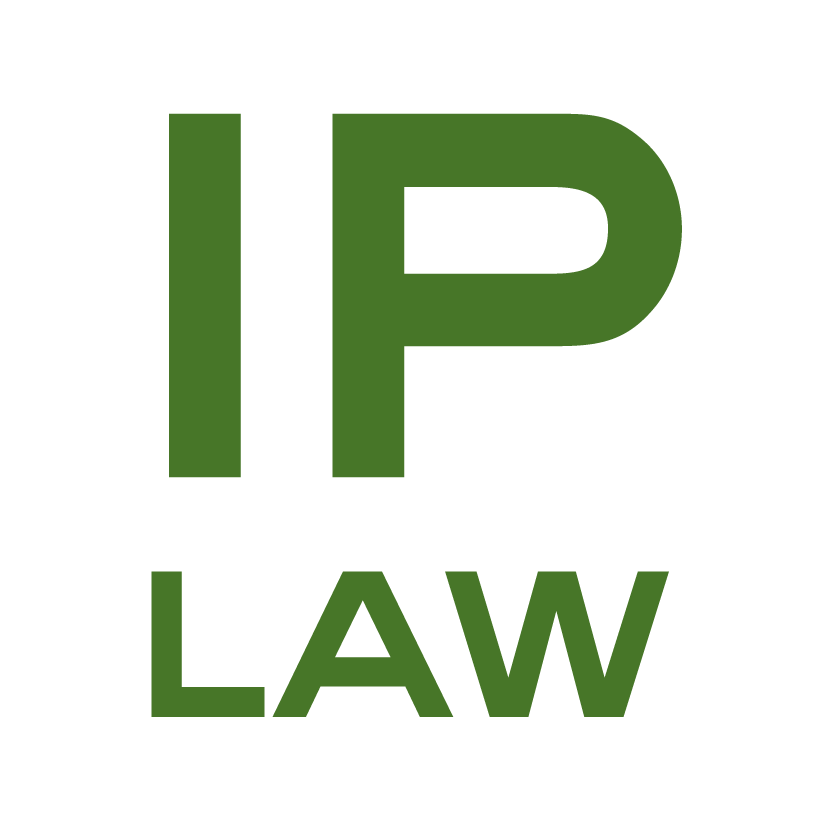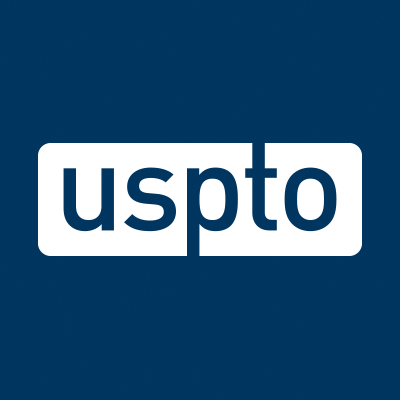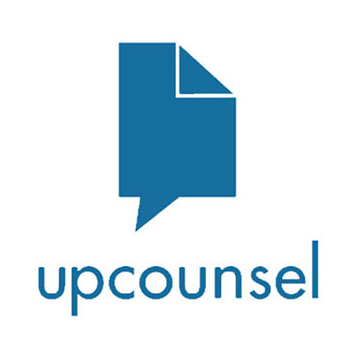Most patents are assumed to be enforceable—until the moment they are needed for enforcement or monetization, and by then, it is often too late to fix the underlying defects. This assumption creates a dangerous blind spot for both clients and their legal advisors. In practice, a significant number of patents suffer from hidden issues that can compromise their legal standing, including broken chains of title, unassigned inventor rights, unresolved third-party encumbrances, missed maintenance deadlines, and unrecorded transactions. These defects can render patents unenforceable in court, unmarketable in transactions, or unfit for licensing, undermining their strategic and economic value at the precise moment they are expected to deliver results. To prevent this, law firms must adopt a systematic and proactive approach to recovering and preserving enforceability across their clients’ portfolios. Rather than relying on reactive due diligence when a deal or litigation arises, lawyers should leverage automation and integrated platforms to continuously monitor, detect, and remediate vulnerabilities. By doing so, they not only reduce risk and strengthen their clients’ positions, but also ensure that every patent in the portfolio is genuinely litigation-ready, strategically aligned, and monetization-capable at all times.
Enforceability is the foundation upon which value, leverage, and strategic use depend. Helping clients maintain enforceable patents is not just a best practice—it is a duty that aligns legal counsel with corporate governance.
As patent attorneys, you have a tremendous opportunity to expand your practice beyond the traditional prosecution and litigation boundaries. By helping clients strategically manage their patent portfolios, you create additional value while strengthening client relationships.
Defective title chains are a silent killer of patent value. Real-world cases like Ethicon and Tri-Star underscore the financial and legal fallout of oversight.
Patent ownership disputes often arise when companies fail to explicitly secure rights to inventions created by employees or contractors.
The complexities and risks associated with encumbrances necessitate a proactive approach, underpinned by advanced technological solutions.
Patent enforceability hinges on effective maintenance fee management.
By adding defensive and offensive value, maintaining legal health, and optimizing portfolio composition, patent lawyers can significantly enhance their clients' intellectual property assets.
Now that AI has significantly lowered the switching costs for patent prosecution services, patent law firms that show they care—by proactively helping clients reduce patent costs and enhance enforceability—can become indispensable partners in their clients' success.




